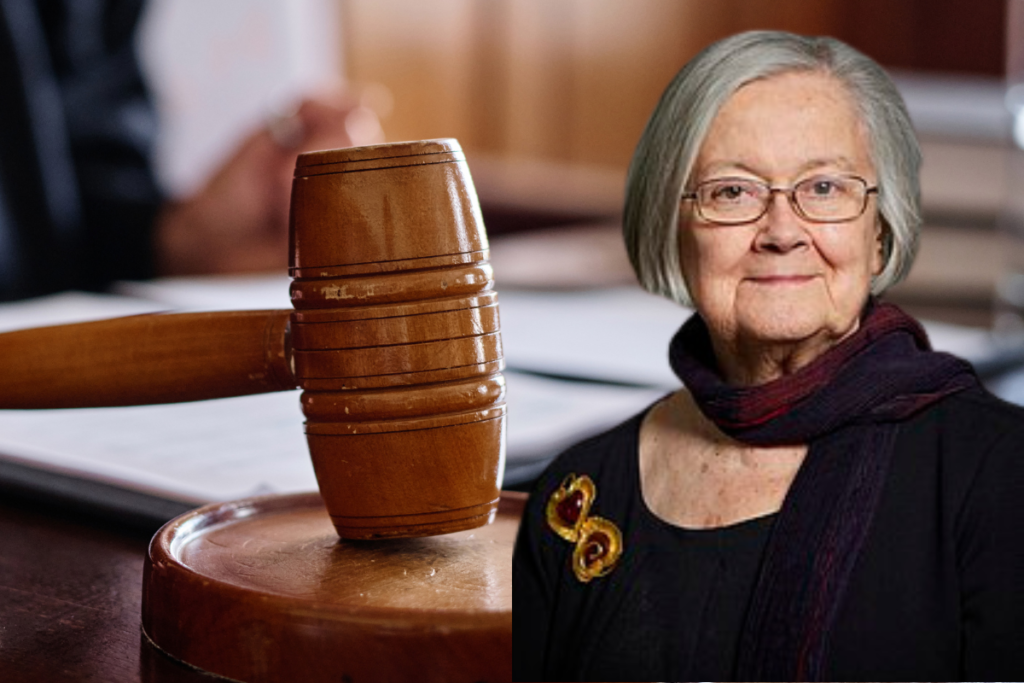As of May 7, 2025, South Africa is navigating crucial human rights developments, particularly related to racial equity and historical justice. One of the most significant issues currently being debated is the Employment Equity Amendment Act, which mandates that companies with over 50 employees meet specific diversity targets for Black individuals, women, and people with disabilities in skilled and senior roles. The Democratic Alliance (DA), South Africa’s second-largest political party, has filed a legal challenge against the law, arguing that it violates constitutional protections against discrimination and gives excessive regulatory power to the government. However, the ruling African National Congress (ANC) defends the law, claiming that it is a necessary tool for addressing the economic disparities left by apartheid.
Alongside these legislative debates, President Cyril Ramaphosa has announced the creation of a judicial commission of inquiry to investigate allegations that previous ANC administrations obstructed investigations into apartheid-era crimes. The inquiry follows a lawsuit filed by 25 families of victims, including those of the Cradock Four, who allege that top government officials suppressed cases referred by the Truth and Reconciliation Commission (TRC) to the National Prosecuting Authority. The families are seeking 167 million rand ($9 million) in damages, further emphasizing the ongoing fight for justice and accountability in South Africa’s post-apartheid era.
These legal and political developments highlight the complex balancing act South Africa faces as it works to redress historical injustices while upholding constitutional rights. The outcome of these challenges will likely shape the future of the country’s human rights landscape, with significant implications for the country’s policies on racial equity, justice, and reparations. As these issues unfold, South Africa continues to confront the difficult task of reconciling its troubled past with its aspirations for a more just and equal future.



